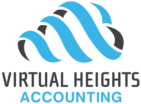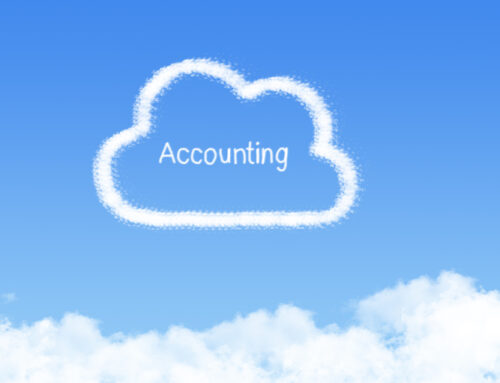The short answer is, a virtual accountant is the same as any other accountant. Accountants choose to work virtually due to a variety of reasons. Here at Virtual Heights Accounting, we see the value of technology to save time and money, so we’ve been one-hundred percent virtual since day one.
There are many types of accountants. Some work in public practice at an accounting firm. Others work for companies as controllers, CFOs, or any number of aptly named positions. The lingo for this type of accountant is one who works in industry. The main difference between public practice and industry is the day-to-day work.
Industry professionals focus on monthly tasks for their organization. This means they typically process transactions in the accounting cycle throughout the month. They may be more specialized in their position (such as focusing on budgeting or strategic analysis of financial reports), but this depends on the size of the organization.
Public accountants typically do a variety of tasks for many different businesses. Since Virtual Heights Accounting is a public practice firm, we’ll focus on that. Here are just some of the things a virtual public accounting firm can do for you.
Day-to-Day Accounting
Day-to-day accounting tasks include all those things you’re doing in your business that are preventing you from getting to the work you specialize in. The work you enjoy the most. This includes sorting and filing receipts, bookkeeping, payroll, paying bills, collecting on invoices, and various compliance tasks.
Compliance tasks include filing paperwork required by the government. Things like sales tax returns, WorkSafe BC forms, source remittances, and income tax returns. Not only can virtual accountants calculate the amount of GST you owe at the end of a quarter or the amount of payroll deductions you owe by the 15th of the month, but they can also file the necessary forms and make payments on your behalf.
One of the most common compliance tasks accountants do is file income tax returns.
Tax Planning and Preparation
We would be remiss to mention tax preparation without mentioning tax planning. Tax planning is a service that can save you thousands of dollars. This service involves meeting with your accountant throughout the year to determine how your business is doing. Based on your financial figures to that point, your accountant will make projections and determine your estimated year-end tax bill.
In addition to estimating your taxes, tax planning involves investigating any additional credits or deductions you may be eligible for. Keeping you abreast of new tax incentives available to you and your corporation is also an integral part of tax planning. When you take advantage of tax planning services, you know ahead of time approximately what your tax bill will be, and you can start paying it in monthly installments.
When your business has taxable income, tax planning has the added benefit of helping to smooth your cash flow through monthly installments. Paying installments is preferable to making a large, once-per-year payment. There are no surprises when you use tax planning services.
Strategizing and Goal Setting
A lesser known service not offered by all accountants is strategizing and goal setting. At Virtual Heights Accounting, we enjoy helping our clients set and meet their goals. We can help you achieve a variety of goals from wanting to earn more money in your business to developing systems that free you up to spend more time with your family.
Virtual accountants can help you with the same things a face-to-face accountant helps you with. Without the need to meet in person, a virtual accountant frees up your precious time. To learn more about how Virtual Heights Accounting can help with your specific accounting needs, contact us today.





